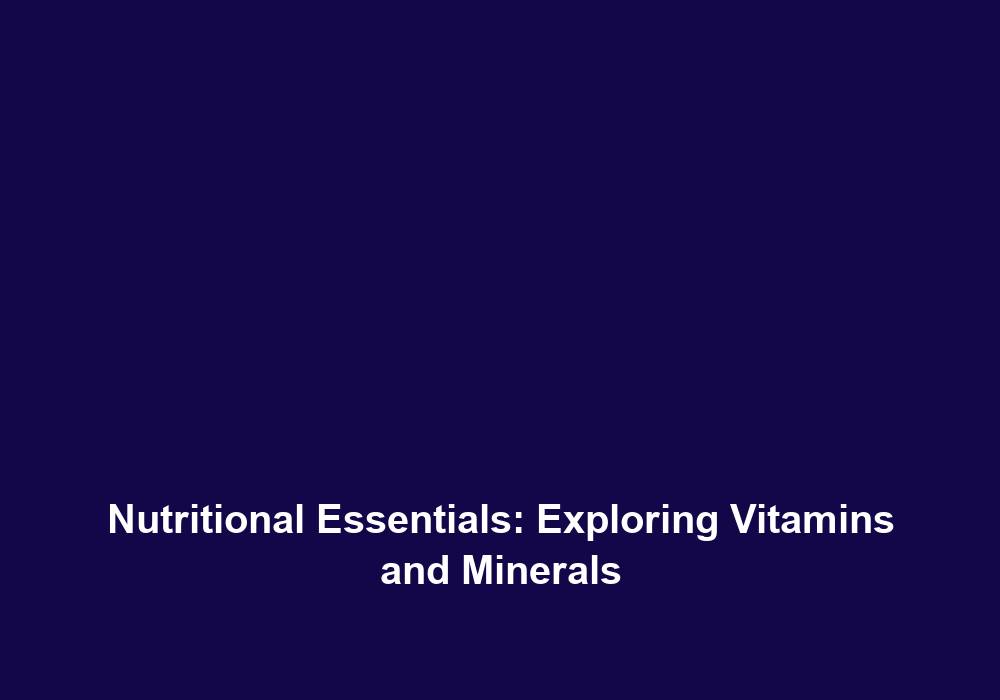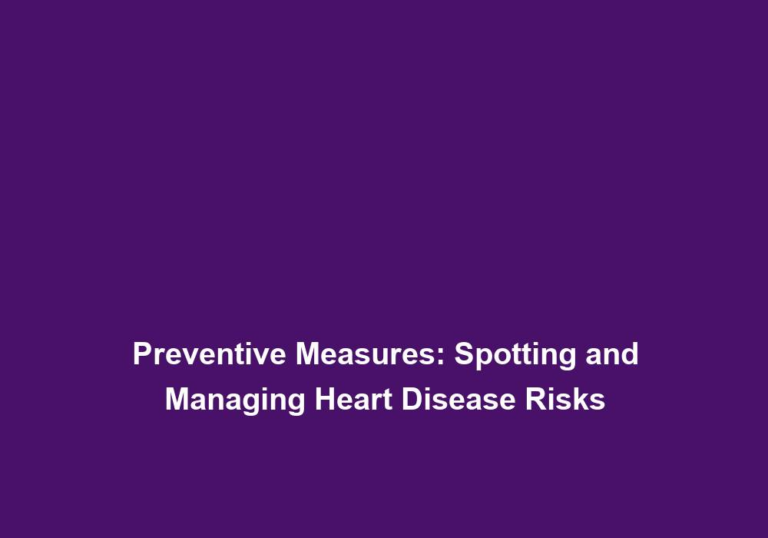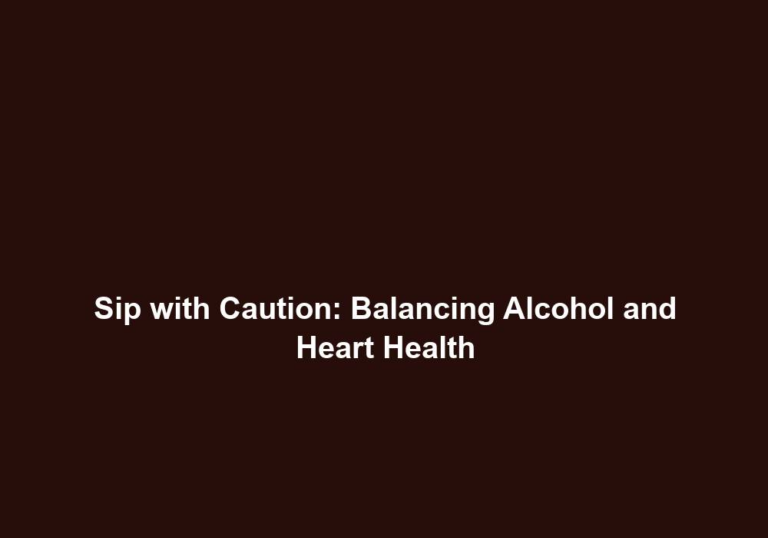Nutritional Essentials: Exploring Vitamins and Minerals
In our pursuit of a healthy lifestyle, it is crucial to comprehend the significance of vitamins and minerals in our diet. These micronutrients play a vital role in maintaining optimal health and well-being. In this article, we will delve into the world of vitamins and minerals, exploring their functions, sources, and the recommended daily intake.
Understanding Vitamins
Vitamins are organic compounds that are required in small quantities for various physiological functions in the body. They are classified into two main categories: water-soluble vitamins and fat-soluble vitamins.
Water-Soluble Vitamins
Water-soluble vitamins are not stored in the body, so they need to be consumed regularly to maintain adequate levels. These vitamins include:
-
Vitamin B complex: The B vitamins are a group of essential nutrients that play a crucial role in energy production, metabolism, and maintaining a healthy nervous system. They include thiamine (B1), riboflavin (B2), niacin (B3), pantothenic acid (B5), pyridoxine (B6), biotin (B7), folic acid (B9), and cyanocobalamin (B12). Good sources of B vitamins include whole grains, legumes, nuts, and leafy green vegetables. These vitamins are involved in numerous functions, such as converting food into energy, supporting brain health, and promoting a healthy cardiovascular system.
-
Vitamin C: Also known as ascorbic acid, vitamin C is a powerful antioxidant that helps strengthen the immune system, aids in collagen production, and enhances iron absorption. It also plays a role in wound healing, maintaining healthy gums, and protecting against oxidative stress. Citrus fruits, berries, bell peppers, and broccoli are excellent sources of vitamin C.
Fat-Soluble Vitamins
Fat-soluble vitamins are stored in the body’s fatty tissues and liver, so they can be utilized when needed. These vitamins include:
-
Vitamin A: Essential for maintaining healthy vision, promoting cell growth, and supporting the immune system, vitamin A is found in foods such as carrots, sweet potatoes, spinach, and liver. It is also involved in the production and maintenance of healthy skin, mucous membranes, and bones.
-
Vitamin D: Often referred to as the sunshine vitamin, vitamin D is synthesized by the body when exposed to sunlight. It plays a crucial role in calcium absorption, bone health, and immune function. Fatty fish, fortified dairy products, and egg yolks are good dietary sources of vitamin D. It is also important to note that vitamin D deficiency is common, especially in regions with limited sunlight exposure, and supplementation may be necessary.
-
Vitamin E: With its antioxidant properties, vitamin E helps protect cells from damage, supports a healthy immune system, and promotes healthy skin. It is involved in the formation of red blood cells and the utilization of vitamin K. Nuts, seeds, vegetable oils, and leafy green vegetables are excellent sources of vitamin E.
-
Vitamin K: Vitamin K is essential for blood clotting and bone health. It is also involved in regulating calcium levels in the body. Green leafy vegetables, broccoli, and soybean oil are rich sources of this vitamin. It is important for individuals taking blood-thinning medications to monitor their vitamin K intake, as it can interfere with the medication’s effectiveness.
Exploring Minerals
Minerals are inorganic substances that are vital for numerous bodily functions. They are classified into two categories: major minerals (required in larger amounts) and trace minerals (required in smaller amounts).
Major Minerals
Major minerals are essential for maintaining overall health and are required in larger quantities. These minerals include:
-
Calcium: Known for its crucial role in bone health, calcium also plays a role in nerve function, muscle contraction, and blood clotting. It is the most abundant mineral in the body, and adequate intake is necessary to prevent conditions such as osteoporosis. Dairy products, leafy green vegetables, and fortified foods are excellent sources of calcium.
-
Sodium: While sodium is essential for maintaining fluid balance and nerve function, excessive intake can be detrimental to health. It is commonly found in table salt, processed foods, and condiments. It is important to consume sodium in moderation and choose low-sodium options when available.
-
Potassium: This mineral helps maintain proper heart and muscle function, regulates blood pressure, and supports fluid balance. It also plays a role in nerve function and the metabolism of carbohydrates and proteins. Bananas, potatoes, avocados, and leafy green vegetables are rich sources of potassium.
-
Magnesium: Involved in over 300 biochemical reactions in the body, magnesium plays a crucial role in energy production, muscle function, and maintaining healthy bones. It is also important for the synthesis of DNA, RNA, and proteins. Whole grains, nuts, seeds, and legumes are good sources of magnesium.
Trace Minerals
Trace minerals are required in smaller quantities but are still essential for various bodily functions. These minerals include:
-
Iron: Required for the production of red blood cells and oxygen transportation, iron is found in both plant-based (spinach, lentils, tofu) and animal-based (red meat, poultry, fish) sources. Iron deficiency can lead to anemia, fatigue, and impaired cognitive function.
-
Zinc: Essential for immune function, wound healing, and DNA synthesis, zinc can be obtained from seafood, meat, legumes, and dairy products. It also plays a role in the sense of taste and smell, as well as the maintenance of healthy skin.
-
Copper: Involved in the production of red blood cells, maintenance of connective tissues, and energy production, copper is found in shellfish, nuts, seeds, and whole grains. It also acts as an antioxidant and plays a role in iron metabolism.
-
Iodine: Crucial for proper thyroid function and the production of thyroid hormones, iodine can be found in iodized salt, seafood, and seaweed. It is important for the regulation of metabolism and the development of the central nervous system, particularly in infants and children.
Recommended Daily Intake
The recommended daily intake of vitamins and minerals varies depending on factors such as age, sex, and overall health. It is generally recommended to obtain these essential nutrients through a balanced diet. However, in some cases, dietary supplements may be recommended to meet specific nutritional needs.
To ensure an adequate intake of vitamins and minerals, it is essential to consume a diverse range of nutrient-rich foods, including fruits, vegetables, whole grains, lean proteins, and healthy fats. Consulting a healthcare professional or registered dietitian can provide personalized guidance on meeting your nutritional needs.
In conclusion, vitamins and minerals are indispensable for maintaining optimal health and well-being. A balanced diet that includes a variety of nutrient-rich foods is key to obtaining these essential nutrients. By understanding the functions and sources of these micronutrients, we can make informed choices to support our overall health and vitality.







